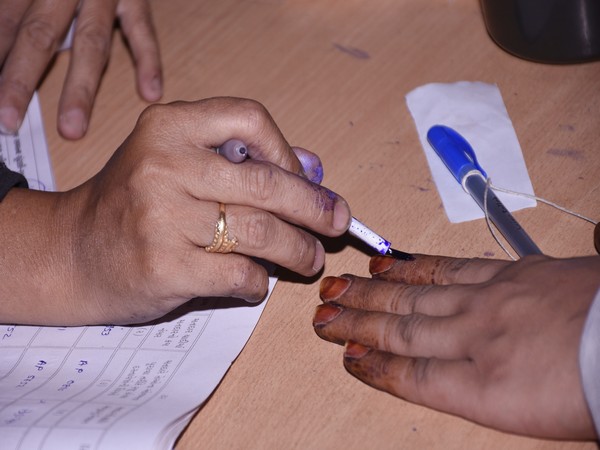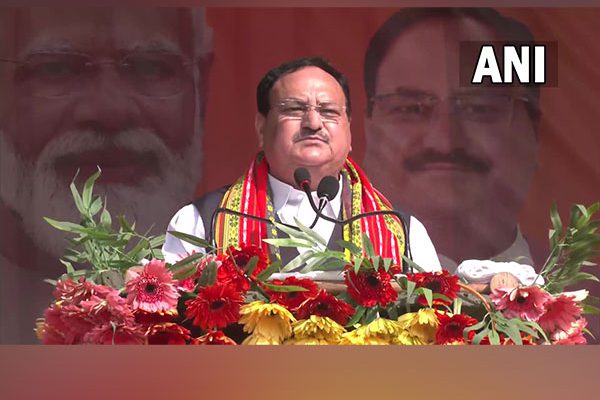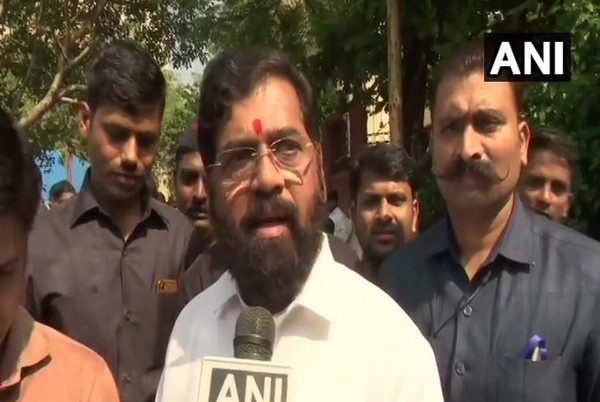The Election Commission of India announced the schedule for the Karnataka Assembly elections. The polling would take place in a single phase on May 10, Chief Election Commissioner Rajiv Kumar said on Wednesday.
The counting of votes will be done on May 13, the CEC said in a press conference here.
Detailing the data of the electors, the CEC said that there are a total of 5.21 crores in the state and the number of 100 plus voters is 16,976.
He informed that over 58,000 polling stations would be set up across the state.
“There are 224 Assembly constituencies of which 36 are reserved for the SCs and 15 for the STs. The total electorates in the state are 5,21,73,579 crores of which males are 2.62 crores and females are 2.59 crores. The total number of 80 plus electors is 12.15 lakhs. It is an increase of 32 percent from 2018. It also includes 16,976 proud electors who are 100 plus. The number of persons with disabilities (PWDs) has increased to 5.55 lakhs. This is an increase of close to 150 percent,” Kumar said.
He said that the first-time voters have increased from 2018-19 by 9.17 lakhs in Karnataka.
“All young voters who are turning 18 years of age by April 1, will be able to vote in the Karnataka Assembly elections,” he said.
The CEC also laid down the security measures for the identified sensitive booths in the state.
“There are 58,282 polling stations in Karnataka of which 20,866 are urban. The average number of electors per polling station comes to 883. On all the sensitive booths which have been identified, we take four to five measures. Either there would be CAPF, web-casting, or a micro-observer. With the combination of all of these, we tend to put more vigour and vigil on the sensitive booths,” he informed.
“There would be 240 model polling stations which will be made eco-friendly and green booths. 100 booths would be managed purely by persons with disability,” Kumar added explaining the measures taken by the ECI for attracting the youth to vote.
Meanwhile, Karnataka, which has 224 seats in the Assembly currently has 119 MLAs of the ruling BJP, while Congress has 75 and its ally JD(S) has 28 seats.
With months to go for the Assembly elections, the political parties including the ruling BJP, Congress and ally JD(S) began the spate of allegations and counter-allegations, with the latter attempting to corner the government over the issue of corruption.
The BJP government, being led by Chief Minister Basavaraj Bommai is also putting in efforts to return to power and stressing the Kannadigas issue, reservation to the Lingayat and Vokkaliga communities by scrapping a religion-based reservation for the Muslim community, a decision which the state government took recently.
The government, last year, had proposed that the companies that do not give first preference to Kannadigas will not be eligible for incentives. The government’s move came in the latter part of last year in a bid to promote Kannada. It was included in the Kannada Language Comprehensive Development Bill. (ANI)
Read More: http://13.232.95.176/




